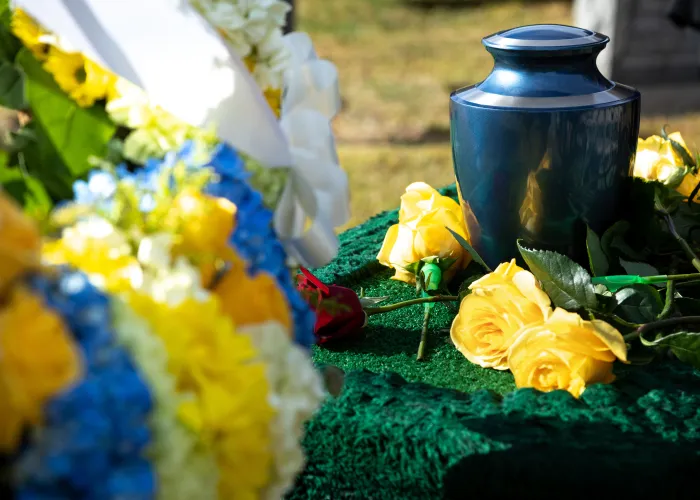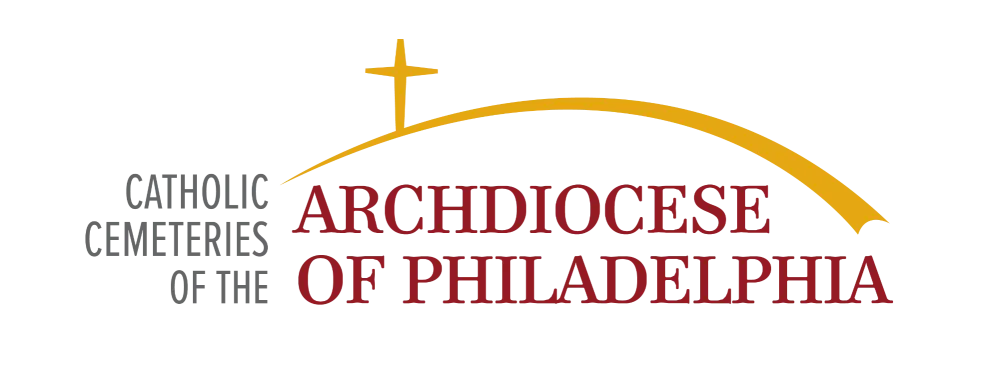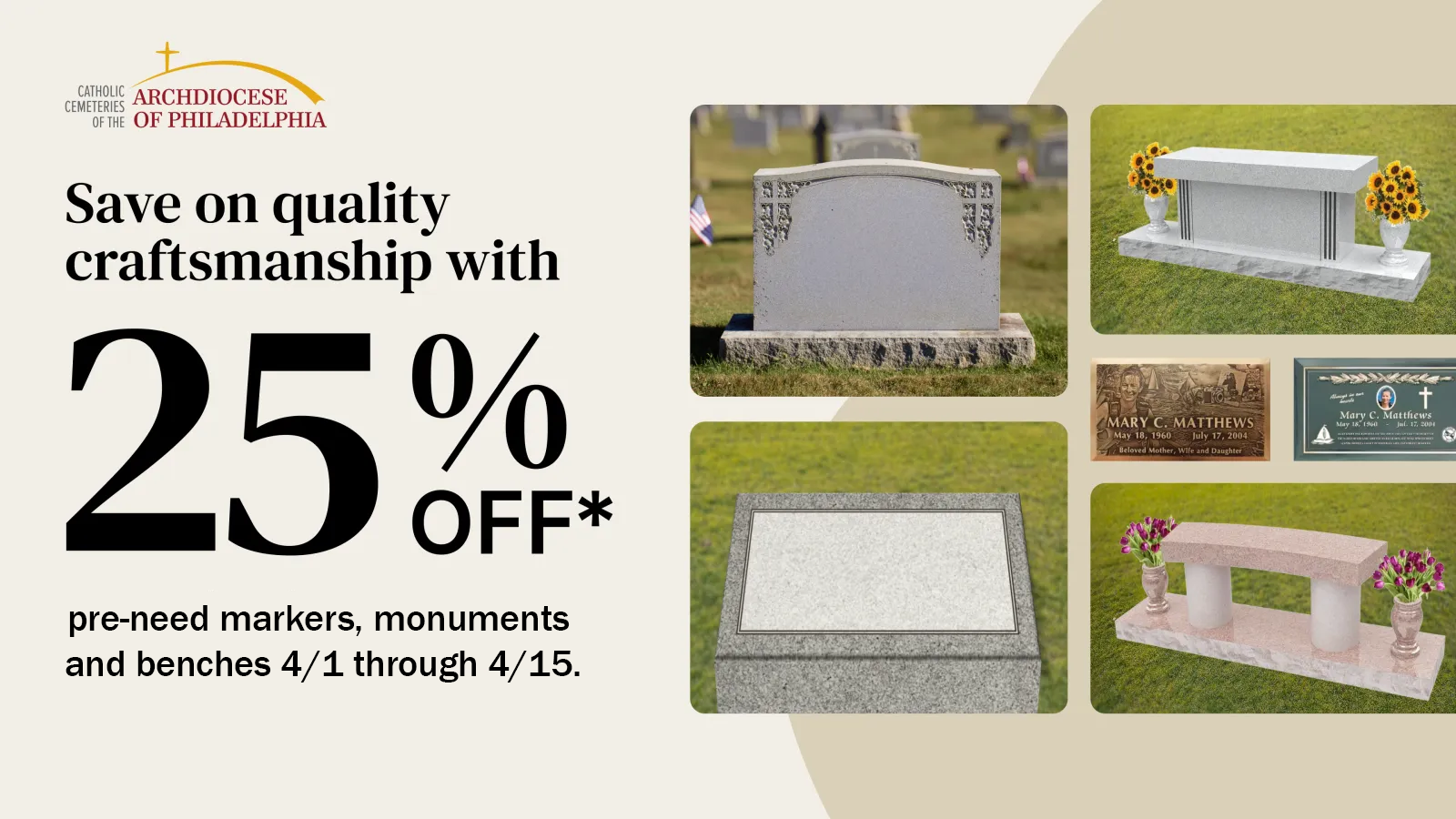Do Catholics Believe in Cremation?
While many Catholics do believe in cremation, the church prefers in-ground burial or entombment of a deceased person's body, after the manner of the burial of the Lord Jesus. However, cremation of the body prior to burial is allowed within the confines of the religion. In fact, many Philadelphia Catholics choose this option for any number of personal reasons.
There are no explicit statements about cremation in the Bible, but there are verses that have been interpreted to reference the practice. What's important to note is that the church has had no specific prohibition of cremation since 1963, establishing that Catholics can be cremated as long as the practice follows Catholic cremation rules. It's also entirely possible to have a sanctioned Catholic funeral after you're cremated.
Blessed are those who have died in the Lord; let them rest from their labors for their good deeds go with them.
Come, you whom my Father has blessed, says the Lord; inherit the kingdom prepared for you since the foundation of the world.
Catholic Cremation Rules
Catholic cremation is permitted. But there are a strict set of rules that need to be followed in order to uphold the integrity of the cremated remains:
- All cremated remains must be buried in a cemetery or entombed in a mausoleum or columbarium Keeping them in private residences or funeral homes is not permitted.
- Separation of cremated remains, including scattering, jewelry-making, or distribution among family members, is not permitted.
- Delaying the burial of cremated remains for the interment with another individual is not allowed.
- Mixing the cremated remains of different individuals is not permitted.
- If a body of water is chosen as the final resting place, the remains much be contained within a durable and secure vessel to prevent damage or accidental dispersion into the water.
As long as Catholics uphold these rules, there is no reason not to be cremated for those who prefer it.
Burial Items Required for a Catholic Cremation:
- Gravesite: (the space or plot within a cemetery) or mausoleum (private or public structure interring multiple people)
- Urn: the vessel to house the cremated remains
- Vault: a concrete enclosure that serves to protect the urn and also provides safe footing for visitors
- Opening-and-closing service: opening a gravesite for burial, back-filling the site, and landscaping to restore the gravesite's appearance. A form of this is also required for interment in a mausoleum.
Norms For Funeral Rites With Catholic Cremation:
-
It is not permitted to scatter cremated remains.
Likewise, it is not permitted to delay the burial/disposition of the cremated remains in anticipation of the eventual burial of another person. The permanent storage of cremated remains in a private home, funeral home or any other place is prohibited.
-
The integrity of the cremated remains is always to be respected. The cremated remains of one deceased person may not be mixed with the cremated remains of another person. It is not permitted to divide the cremated remains and retain, inter or entomb them in more than one place.
-
It is also not permitted to divide the cremated remains in such a way that they are contained in lockets or jewelry. Any other practice which violates the integrity of the cremated remains and impedes reverent and proper burial/disposition is prohibited.
-
If burial takes place at sea, the cremated remains are to be in a solid and durable container, and not scattered.
The place of burial or entombment may be memorialized appropriately.
Order a Free Advance Planning Guide to Learn All About Advance Planning
Request a Free Guide
Select a Cemetery
Have You Already Selected Your Space?
Schedule a consultation to speak with a burial planning advisor about securing cemetery products.
Cremation Services Costs in Philadelphia


